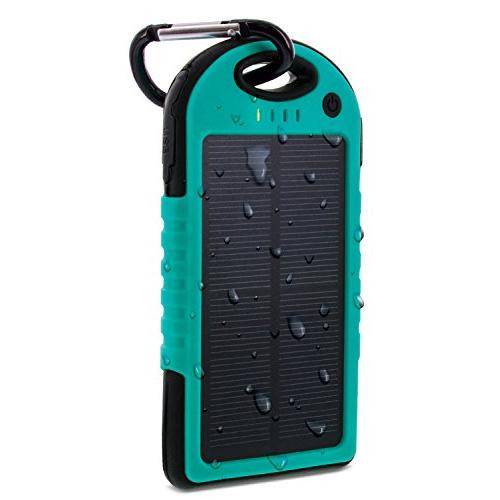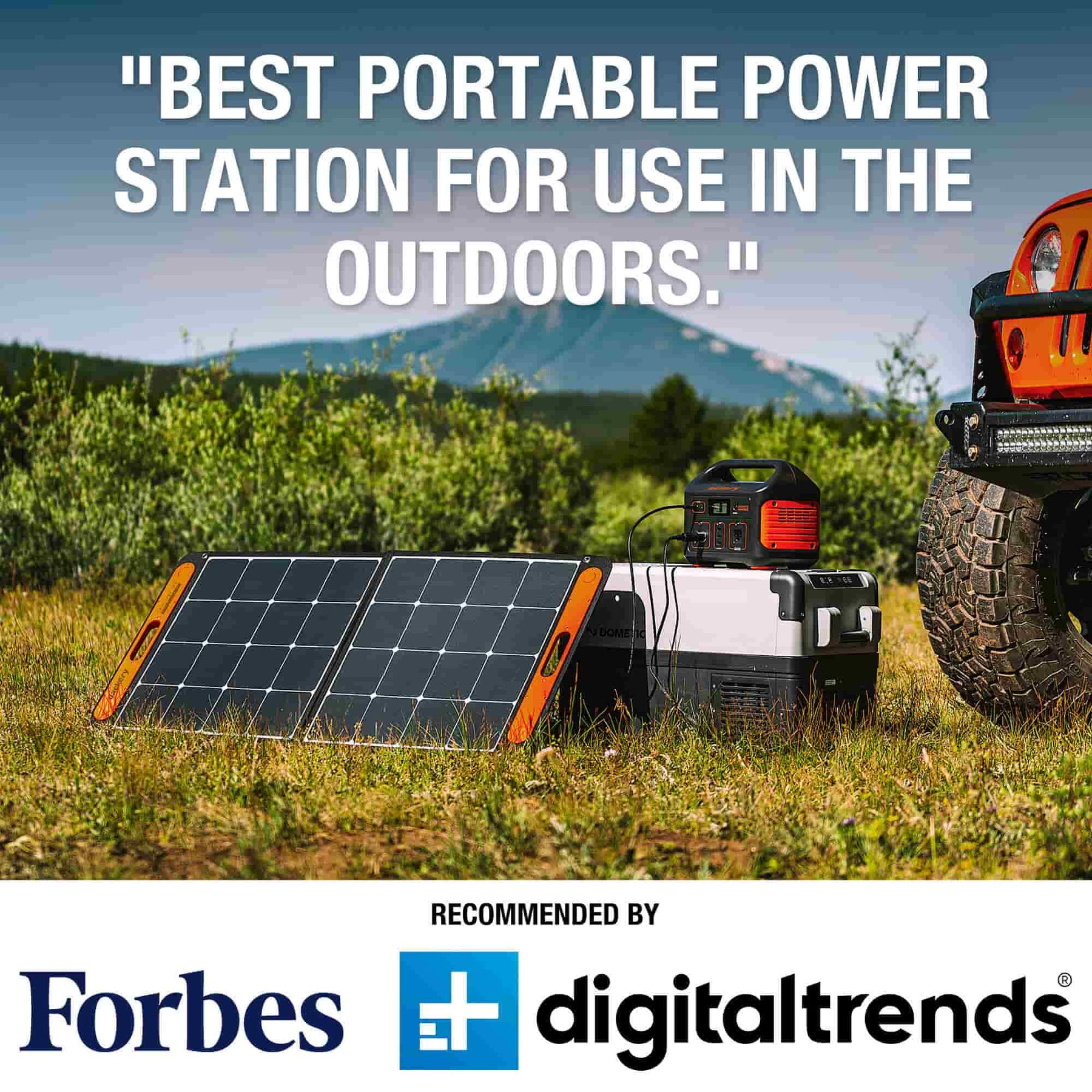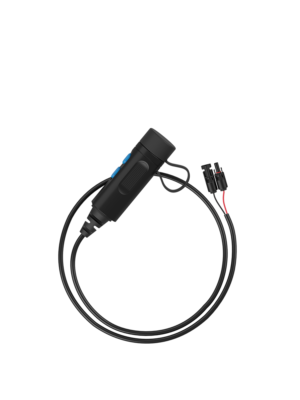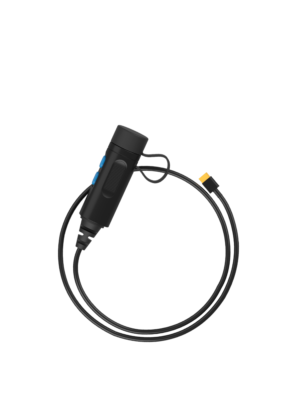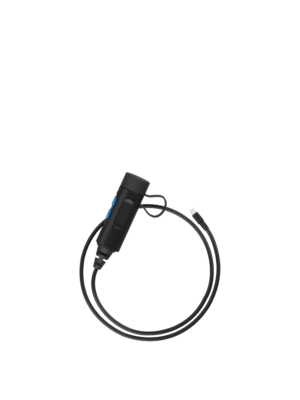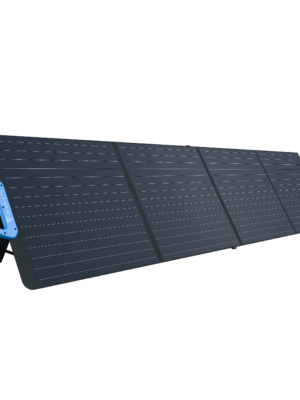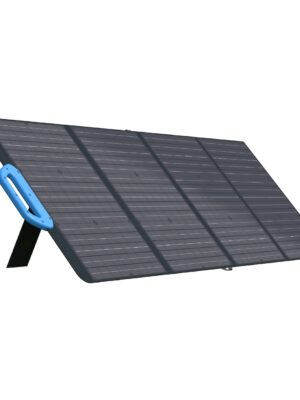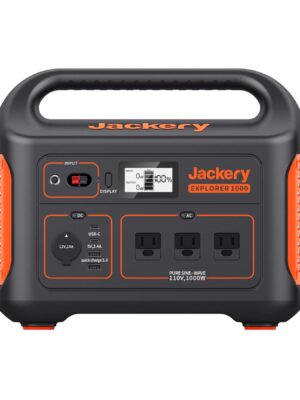How to work safely and securely in public spaces
Working from anywhere has a number of upsides: You can explore different places, meet new people, and escape the monotony of your usual desk. But you need to take security considerations into account when you branch out from the confines of your home or office.
TechRadar reports on a new study from Beyond Identity that found 18 percent of remote workers had found their data stolen in a coworking space. While we’d like to believe that everyone around you in a coffee shop or library is honest, the reality is that you need to be vigilant when it comes to working in public.
You can have it all though—the freedom of working anywhere, and the peace of mind that you’ve minimized the risk that anyone else can keep tabs on what you’re doing.
Check your Wi-Fi
In an ideal world, if you need internet access on the go, you want to be running a Wi-Fi hotspot from your phone. It means you’re not sharing a network with anyone, which is inherently safer. However, you might not have the data plan or signal strength needed.
If you need to use public Wi-Fi, make sure you pick the right network—as in, the one advertised by the place you’re in, not the one that the guy three tables over has just set up. If you’re in doubt which is which, ask a staff member. There may also be a sign posted telling you the network name and associated password.
It might be unavoidable, but be wary of giving up too much information when joining a public Wi-Fi network. If you must supply a few details (like an email address) in order to register, only fill out the mandatory fields, and remember that you can create disposable email addresses.
Protect your data

Attaching yourself to a Wi-Fi network that other people can access is inherently riskier than using your home or office Wi-Fi—you don’t know who has set up the network, or who is connected to it. If you’ve got no other choice, avoid logging into anything particularly important or sensitive—like online banking.
Ideally, you want to be running a VPN (Virtual Private Network) on your laptop. These VPNs add an extra layer of protection to everything you do online, making it harder for anyone else attached to the same Wi-Fi network, or the people who have set up and who manage the Wi-Fi network, to see what you’re doing.
Even if you can’t use a VPN, keep your browser and desktop software up to date, and avoid connecting to sites without HTTPS validation (you should see a warning if it’s missing). Using a VPN is best, but Windows, macOS, and modern day web browsers have a lot of built-in protection too—as long as you’re running the latest versions.
Assume people are watching

The people around you might seem perfectly innocent, but you can never really tell, can you? Always assume that someone is watching when you’re working in a public space, which means taking extra care whenever you’re typing out a password, address, or credit card number. You should also be careful with the details you reveal about you or your company in emails and on video calls.
You also don’t want to leave your laptop unattended, but if you do step away, lock your user account so a password is required to get back in. It’s Win+L on Windows, and Cmd+Q on macOS, by the way. If the worst should happen and the device is lost or stolen, nobody else will be able to get into it.
All the usual security rules still apply as well: Enable two-factor authentication on all of the accounts where it’s available, be on the lookout for any suspicious account activity, and make sure you’re using unique and strong passwords for each of your logins (you might want to also consider adding a password manager to your software setup).
Please Support Our Sponsors
Solar Power Generator Discounts Along With Free Shipping
- 10% OFF for Jackery Solar Generator 2000 Pro Series with code "JADEAL"
- 10% OFF for Jackery SolarSaga 200W Solar Panel with code "JADEAL"
- 10% OFF for Jackery Solar Generator 1500 Series with code "JADEAL"
- 10% OFF for Jackery Solar Generator 1000 Series with code "JADEAL"
- 10% OFF for Jackery Explorer 1500 Portable Power Station with code "JADEAL"
- 10% OFF for Jackery Explorer 1000 Pro Portable Power Station with code "JADEAL"
- 10% OFF for Jackery Explorer 500 Pro Portable Power Station with code "JADEAL"
- 10% OFF for Jackery Explorer 300 Pro Portable Power Station with code "JADEAL"
- 10% OFF for Jackery SolarSaga 100W Solar Panel with code "JADEAL"

The University of Georgia is represented by the Georgia Bulldogs . The Bulldogs participate in the Southeastern Conference's (SEC) Eastern Division of the NCAA.
They play their home games in the storied Sanford Stadium in Athens, Georgia. The first season in Georgia was in 1892. In 1942, 1980, and 2021, the Georgia Bulldogs won three national championships.
The Georgia Bulldogs have additionally been crowned the National Champion in four additional seasons by at least one polling organization (1920, 1927, 1946 and 1968).
The Georgia Bulldogs are tied for second place in conference history with their 15 conference titles, including 13 SEC titles, and their 59 bowl appearances, which ranks second all-time.
In addition, the program has produced five top picks in the National Football League (NFL) draft, two Heisman Trophy winners, numerous winners of various national honors, and many others.

Longhorns football represents the University of Texas in Austin often known as Texas, UT or the Texas Longhorns. The Longhorns represent the Big 12 Conference in the NCAA Division. They play in Austin, Texas, at the Darrell K. Royal-Texas Memorial Stadium.
The Texas Longhorns are ranked third and seventh, respectively, in terms of all-time wins and win-loss records, with over 900 victories and an overall win-loss percentage of.705.
The legendary program also boasts four national titles, 32 conference titles, 100 First Team All-Americans, and two Heisman Trophy winners.
Get your Texas Longhorns Revival T-Shirt today. The Texas Longhorns Rustic Revival shirt is also a fan favorite.
Many college sports fans like to wear their gear all around town, get your Texas Longhorns Centered gear and show your support.

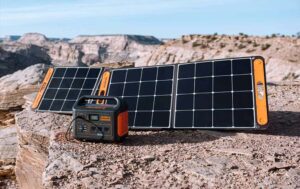



 Gettr
Gettr
